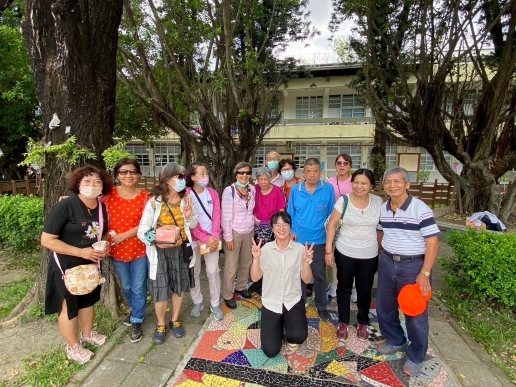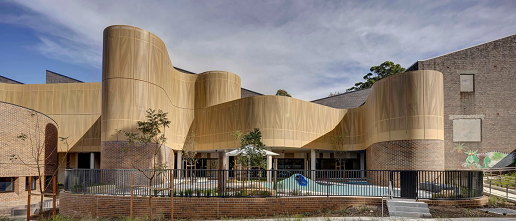By The China Post, Taiwan【看CP學英文】, Taiwan Immigrants’ Global News Network has launched a series of exciting stories about the lives of new immigrants in Taiwan in cooperation with IC Voice97.5 “New Students Registration – We are in Taiwan”.
This episode features a second-generation migrant Hsiao Yu-yan (蕭語嫣) who shared her experience of shooting and working on the documentary “Returning to my hometown to find my roots” in early 2017.
The documentary was built on her own experience as well as with memories of her Vietnamese mother, and it allowed Hsiao to visit many major universities and bookstores in Taiwan to share with her audience.
Through the documentary, she hoped to share her vision of Vietnam and present the memories of her homeland.
Hsiao further explained that filming a documentary really requires preparation for a lot of prior planning, arrangements, homework, as she wanted to record even the smallest of things to share with her viewers.
0922.jpg)
When Hsiao returned to Vietnam on her “homecoming,” what she most wanted to know was about the dreams of the young people there. She wondered whether they would want to start their own business, travel the world, or open a cafe, etc.
However, after asking the locals there, almost all of the answers she received were “family-related”, such as creating a better life for their family, helping them build a nice house, and earning enough money to take them on a trip abroad.
In her documentary, it is easy to see through Hsiao’s interactions with her mother that they are very close, to the extent that they act like sisters — taking care of and supporting each other.
Hsiao shared that her mother used to run a tailoring store in Vietnam, and is still very good at it, so whenever she has time, she will help her daughter make many beautiful clothes.
Read More: MOE announced “Epidemic Prevention Guidelines in Schools”
0922.jpg)
Hsiao revealed that even though she is a second-generation Vietnamese new migrant, she initially knew nothing about Vietnam, so she started to learn food-related words and watched a lot of Vietnamese-language related videos until she “gathered her courage” to make transatlantic phone calls to talk to her relatives in Vietnam and gradually became more and more fluent after learning Vietnamese over time.
In addition, because of her work, she often needs to go to Vietnam for business trips and communicate with local government officials. Her colleagues were amazed at how fluent she was in Vietnamese and how she was able to communicate so effectively for the company.0922.jpg)
As a second-generation Vietnamese, Hsiao is always able to become friendly with local customers. At the same time, her status as a second-generation Vietnamese is her biggest advantage through Taiwan’s New Southbound Policy.
Whether she is sharing Vietnamese culture with her Taiwanese colleagues or sharing Taiwanese culture with her Vietnamese colleagues, both help her to learn and grow more in the workplace.
Therefore, Hsiao advises those in Taiwan who wish to go to Southeast Asia for work, not only to develop their foreign language skills but also to be familiar with the local culture and economic development.
本文獲The China Post【看CP學英文】授權轉載

0922.jpg)





